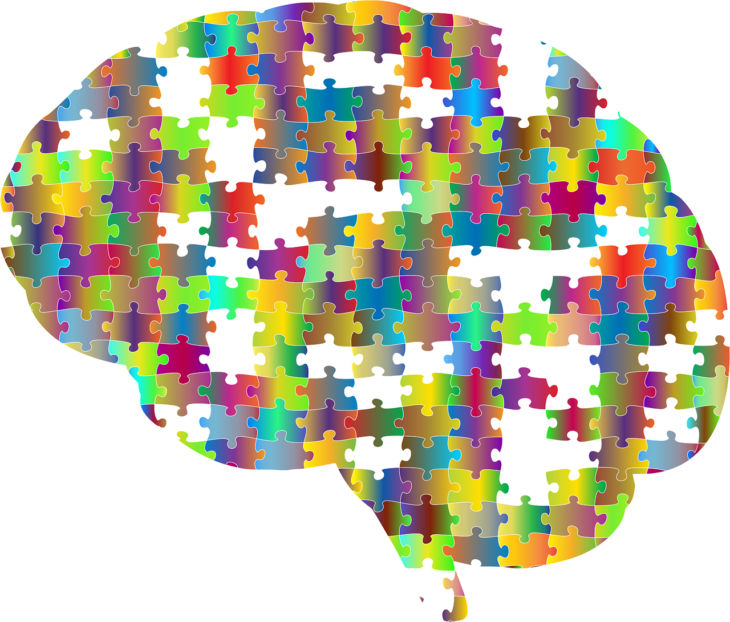
What is the Easiest and Hardest Part of Being an INTJ?
Kevin Price, Editor at Large for USA Business Radio and Host of the Price of Business Show, has recently become hooked on Quora. In addition to daily hosting the Price of Business, Kevin has numerous writing obligations on this and other sites for which he serves as an editor and with his syndicated column, so we decided that if he’s going to write at Quora, he is going to share that content on this website. If you are on Quora, make sure to follow Kevin. You can check out his page here: https://www.quora.com/profile/Kevin-Price-67.
Kevin’s hot topics on Quora are history, free market economics, philosophy, and Myers Briggs typology, and many others. The following is one of his recent answers to the question in the title.
I was not going to answer this, mainly because it had plenty of responses. Also, I am tired of the “intrigue” that surrounds INTJs (and I even am one). It gets a little old. However, upon looking at most of the answers, I had to chime in. I believe most of these paint the picture of an INTJ as a caricature. Even a comic book character.
Many talk about how INTJs do not “care” about people or relationships — almost like “easy come, easy go.” A more accurate assessment of INTJs and relationship is that they don’t typically “get them.” They would love to have them, but do not know where to begin in the pursuit of them.
The driver of the INTJ is Perspective — the ability to understand the perspective of others, to go deeper, to see the connections. The co-pilot of the INTJ is Effectiveness — what works? The 10 year old of the INTJ is Authenticity. That is where you find relationship. The last thing an INTJ wants to do is operate in his or her weaknesses, which is why relationships are so hard. Many INTJs declare “they don’t care,” but they really simply don’t understand them. For many, it is easier to declare they are not important than to go through the difficulty of pursuing them.
Looking at the driver and co-pilot of the INTJ helps explain what we find “easy” (although that is subjective).
Problem solving. In fact, for INTJs problem solving is like a game. They can play that all day long.
Understanding. INTJs actually get a great deal about the way others think (not so much, feel). This makes them able to help to get the problem people have in dealing with issues and actually makes them sympathetic. (Unfortunately, they come up short in empathy, but sympathy still has value).
They are able to predict what will likely unfold with great accuracy. This is very helpful in many business situations.
Being alone. Introversion and thinking makes being alone a wonderful thing. INTJs rarely “isolate” (though they can), but just get a huge amount of energy from being alone. Being with others is exhausting for most INTJs.
What is hard? Because of the INTJs problem with relationships and our ability to extrapolate how things will unfold and being more than willing to discuss it, we are often alienated by others, they do not get us (even as we alienate others).
It is also hard for us because there are so many immature INTJs that give the INTJ type such a bad name. INTJs who use their ability to use information harshly, their fear of relationship that makes them act arrogant, and the other less flattering sides of an INTJ being flaunted, makes all INTJs look bad. People know when they see an INTJ, I believe (even if they are not familiar with Myers-Briggs Typology). The question is, what kind are they? Since there are so many… (read more and while there, FOLLOW Kevin on Quora)





